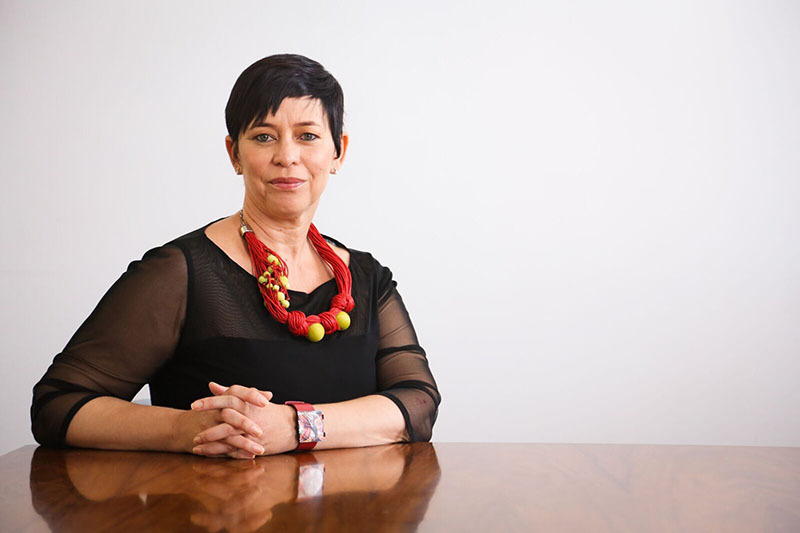Appeal to step up water-saving measures as day zero looms
22 January 2018 | From the DVC’s Desk
Dear members of the UCT community,
Cape Town is, as you know, experiencing the worst drought in recorded history. It is therefore incumbent on all of us as residents of Cape Town to use water extremely sparingly and to put an end to water wastage. There is a very real risk that Cape Town could run out of water by mid-April 2018 if water conservation targets are not achieved.
Day Zero is the dire reality we face when most taps will be turned off and residents will have to queue for water. Day Zero would kick in when the dams are down to 13.5%. It is hard to extract water from the dams when they are below 10%.
The City of Cape Town announced last week that Day Zero is now likely to happen, adding that 60% of Capetonians won’t save water and must be forced to do so now.
Discussions on the University of Cape Town’s response to Day Zero have begun and we are developing contingency plans.
The university has set up a Water Task Team to address and manage the impact of the drought on UCT. The team has implemented a number of initiatives already, including raising awareness, publishing articles on the water crisis in Cape Town, capturing storm water, identifying and mapping water meters on the campuses and ensuring that digital water meters are installed on the main campus. We are also concluding a survey of water usage and are developing a detailed water management plan for UCT in the short and medium term. This will be developed in line with discussions with the City of Cape Town.
We are now also engaging with multiple stakeholders, and particularly the City, on how UCT could continue operations if Cape Town reached Day Zero. We are in the process of appointing a consulting company and added capacity to assist us in developing detailed contingency plans for UCT’s response to Day Zero. This will include plans for different scenarios we might face at Day Zero such as no water, restricted water supply, the use of alternate water sources, etc. This added strategic and technical capacity within the Properties and Services Department will bring enhanced leadership and implementation related to ongoing water management on the campus. We are also creating a “water desk” where questions from staff and students on water issues could be directed for swift response. These contingency plans for Day Zero will be shared with the campus community in time.
While the university is putting these measures in place, the question is whether we are – individually and as departments – doing enough to contribute to water saving efforts. We cannot and should not be part of the 60% that is not saving water. Members of the UCT community need to contribute to water-saving efforts in every way possible, every day on campus. I am asking every department to appoint a water champion who will lead that department’s efforts in saving water.
I strongly appeal to all members of the UCT community to step up our water-saving measures, use the increasingly limited water responsibly and sparingly, and support water-saving initiatives and campaigns at our university. We are getting better at managing water on campus. But we can and should be doing even more. Individually, we all have a role to play. Collectively, we can all make a big difference. Let us save water while we still have water to save.
Sincerely
Professor Loretta Feris
Acting Vice-Chancellor
Read previous communications:
 This work is licensed under a Creative Commons Attribution-NoDerivatives 4.0 International License.
This work is licensed under a Creative Commons Attribution-NoDerivatives 4.0 International License.
Please view the republishing articles page for more information.








